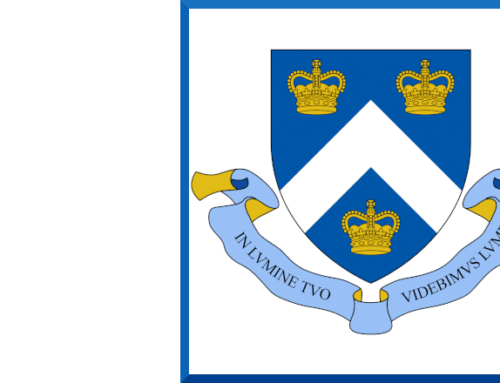Catholic League president Bill Donohue comments on today’s New York Times front-page article on New York Archbishop Timothy Dolan:
Times reporter Serge F. Kovaleski has been investigating Archbishop Dolan for a year, and today he gave it his best shot. Dolan has nothing to worry about—Kovaleski failed to lay a glove on him. But it wasn’t for lack of trying: unprofessionally, he allowed a professional victims’ group, SNAP, to drive his 3784-word story.
No other newspaper in the nation would post a front-page story on a religious leader that led nowhere, save for the Times. In classic fashion, the reader is teased at the beginning with this nugget: the professional victims were disappointed when they learned that Dolan, then the newly installed archbishop of Milwaukee, “had instructed lawyers to seek the dismissal of five lawsuits against the church.” Now the only question that really matters is whether Dolan made the right decision—not whether those reflexively inclined to believe the worst about the Catholic Church were disappointed. But the reader searches in vain to find an answer: the story never addresses this issue again. So we know Dolan was right.
Much coverage is given to a priest who sued his accuser. Interestingly, the accuser had a psychiatric history of lying and blaming others, and no one ever spoke badly about the priest. Largely unresolved, one wonders why this case was even mentioned, unless it was to put Dolan in a bad light for standing by the priest. Isn’t that what those who run the Times would do if a less than credible accusation were made against one of their reporters? Or would they throw the accused overboard?
The story makes a big deal about the fact that not all dioceses post the names of guilty priests, and that many do not list religious order priests. So what? Why should the Church be held to a different standard? Where are the names of all the public school teachers found guilty? In any event, the story on Dolan reveals more about the Times than the archbishop.
Contact public editor Clark Hoyt: public@nytimes.com






